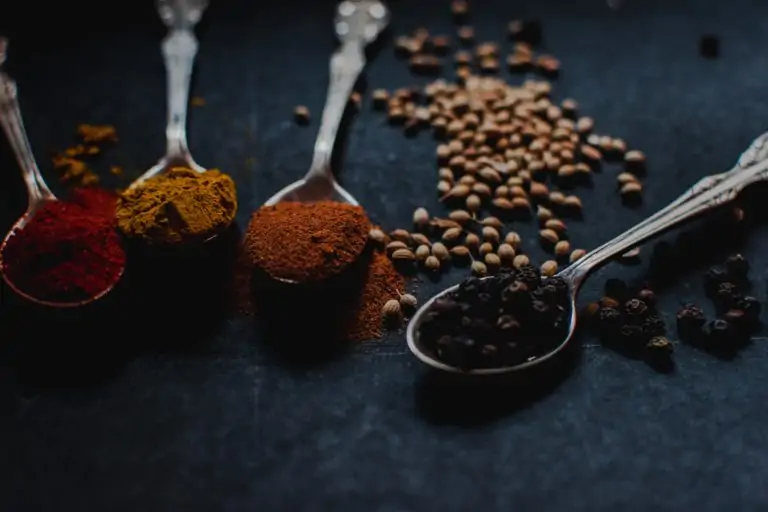An individual in the US is almost 100 times more likely to die of Alzheimer’s than a person in India. More than 850,000 people in the UK are suffering from dementia, a number that may almost double by 2051. Is there a link between Indian cuisine and the country’s low Alzheimer incidence?
Alzheimer’s Disease
Recent research studies have found that turmeric benefits are a powerful tool to tackle brain degenerative diseases. Turmeric is a member of the ginger family and gives Indian curries their yellow colour. It contains curcumin, reputed to have powerful anti-inflammatory and antioxidant properties and is claimed to have many health benefits. Studies indicate it protects against Alzheimer’s.
In one study, Alzheimer’s patients consumed 764 mg of turmeric supplement containing 100 mg of curcumin, each day for 12 weeks. The patients “improved remarkably,” according to researchers. Their symptoms and burden on caregivers decreased. The benefits of consuming turmeric persisted as patients continued to enjoy better cognitive health a year later, and also had a positive impact on overall quality of life and ability to engage in daily activity. Turmeric blocks beta-amyloid, a sticky protein substance that is toxic to the brain’s nerve cells and strongly linked to dementia. The spice also reduces the inflammation of neural cells associated with Alzheimer’s.
In other research studies, aromatic turmerone – another component of turmeric, promoted the proliferation of brain stem cells and their development into neurons. The Institute of Neuroscience and Medicine in Julich, Germany believe that “While several substances have been described to promote stem cell proliferation in the brain, fewer drugs additionally promote the differentiation of stem cells into neurons, which constitutes a major goal in regenerative medicine.” Aromatic turmerone takes regenerative medicine research one step closer to achieving this goal.
Learn more
For many in the agrifood industry, the ingredients we use are seen as little more than inputs, or necessary parts of a final food product. However, in many cases, food ingredients can be essential inputs across various sectors and industries, further clouding our understanding of procurement strategies, supply, demand, and cost. As is the case with Turmeric, its impact in the medicine industry may have transformative effects on its use and demand in the agrifood industry.
At Farrelly Mitchell, our agrifood experts leverage the very latest in industry knowledge and research to provide tailored market intelligence & insights to our clients. We stay atop of market, regulatory, and scientific trends to deliver up-to-date facts and recommendations on emerging trends, food ingredients & alternative proteins, and our agri input experts can assess shifting demands and improve your procurement strategies to reduce costs and improve operational efficiency. To find out more, contact our team today.














